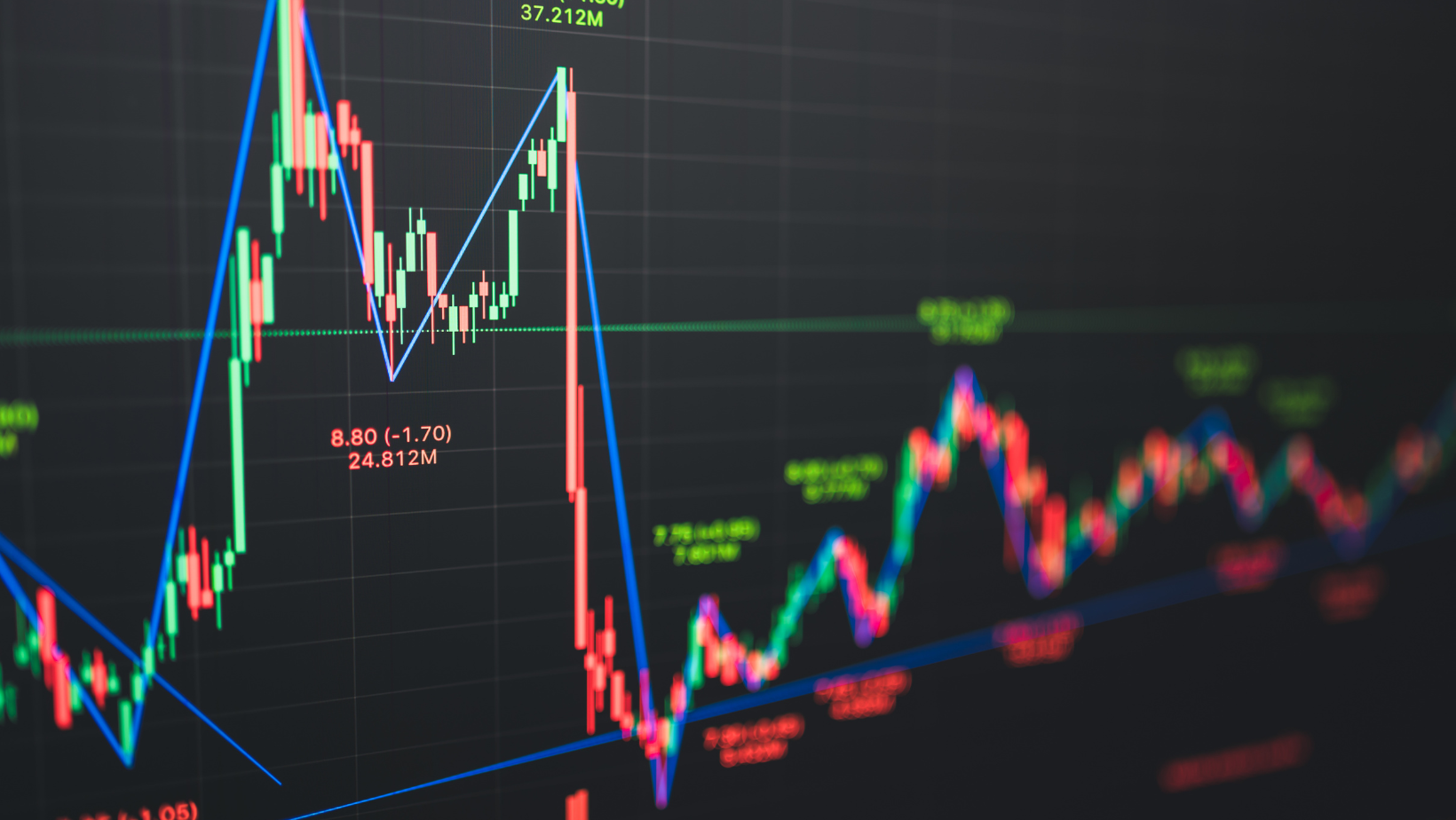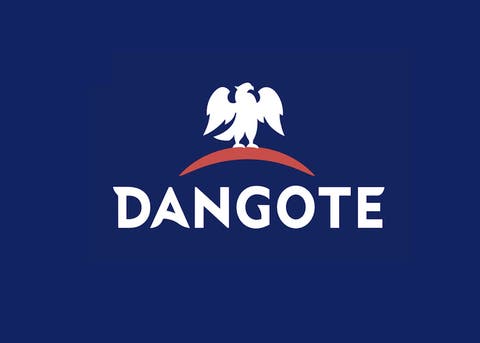
Inflation, a persistent increase in the general price level of goods and services in an economy over a period of time, has profound effects on the purchasing power of a nation’s currency and the living standards of its population. The inflation rate in Nigeria in 2024 has sparked considerable debate and concern among economists, policymakers, and citizens alike. As Nigeria grapples with economic challenges, understanding the nuances of the 2024 inflationary trends becomes crucial. This comprehensive review aims to dissect the inflation rate in Nigeria 2024, exploring its causes, impacts, and the broader economic implications for the West African giant.
Understanding the Basics of Inflation
Inflation signifies the gradual increase in prices across a broad spectrum of goods and services within an economy, leading to a decrease in the purchasing power of the nation’s currency. This phenomenon is typically quantified by the inflation rate, which assesses the percentage rise in the general price level over a specific timeframe. Various factors contribute to inflation, including demand-pull inflation, where the demand for goods and services exceeds supply, causing prices to rise. Cost-push inflation is another significant contributor, resulting from an increase in the cost of production inputs such as raw materials and labour, which, in turn, elevates the prices of final products. In economies like Nigeria, inflationary trends can be especially intricate, influenced by a mix of internal and external variables, ranging from monetary policies and exchange rate fluctuations to international commodity prices and trade dynamics. Delving into these underlying causes offers a foundational understanding of the multifaceted nature of inflation, setting the stage for a deeper exploration into the specific factors driving the inflation rate in Nigeria 2024.
Historical Context and Trends of Inflation in Nigeria
Nigeria’s inflationary journey has been marked by a series of fluctuating patterns influenced by a complex interplay of internal and external forces. The nation’s economy, heavily reliant on oil revenues, has often found itself at the mercy of global oil price dynamics, which have historically been a significant driver of inflationary pressures. Political unrest and policy inconsistencies have further compounded these challenges, leading to periods of economic instability. In more recent years, global events such as the COVID-19 pandemic exerted additional strains, disrupting supply chains and affecting consumer demand, thereby influencing the inflation landscape. These factors, coupled with exchange rate volatility and changes in fiscal policies, have painted a varied picture of Nigeria’s inflation rates over the years. The historical perspective sheds light on the resilience and vulnerabilities of Nigeria’s economy, offering valuable insights into the patterns that have shaped the inflationary trends leading up to 2024. Understanding this backdrop is essential for grasping the current economic climate and the inflation rate in Nigeria in 2024, without which the present challenges and future forecasts would lack the necessary context for a comprehensive analysis.
The Causes Behind the 2024 Inflation Surge in Nigeria
The inflationary upturn witnessed in Nigeria during 2024 can be attributed to a confluence of pressing factors exerting upward pressure on prices across the board. A significant driver is the Naira’s persistent depreciation, rendering imported goods markedly more expensive. This scenario has dire implications for businesses reliant on foreign inputs, precipitating a hike in production costs that invariably spills over into consumer prices. Concurrently, the agricultural sector, a linchpin of the Nigerian economy, has encountered severe disruptions due to security concerns. These disturbances have hampered food production and distribution, culminating in a noticeable surge in food inflation. Moreover, a rejuvenation in consumer demand, following a period of suppressed activity owing to the global pandemic, has further strained the supply side, exacerbating inflationary pressures. These dynamics collectively underscore the multifaceted causes of the inflation surge in 2024, reflecting the interplay between domestic vulnerabilities and broader economic recovery trends.
Sector-Specific Impact of Inflation in Nigeria
The repercussions of the inflation rate in Nigeria in 2024 have been felt unevenly across various sectors, significantly altering economic landscapes and operational dynamics. In the agricultural domain, escalated input costs and logistical setbacks have led to an upsurge in food prices, thereby straining both producers and consumers. This sector’s distress is particularly acute given its role in national food security and the livelihoods of a large portion of the populace. The manufacturing sector, crucial for economic diversification and employment, has likewise grappled with increased costs of raw materials and energy. Such expenditures have not only hampered production capacities but have also escalated the end prices of goods, dampening consumer demand. The service industry, encompassing a broad array of activities including retail, hospitality, and transportation, has also borne the brunt of inflationary pressures. Rising operational costs and diminished consumer purchasing power have led to a contraction in service consumption, impacting the overall economic momentum. Each sector’s experience underlines the pervasive nature of inflation’s impact, accentuating the necessity for nuanced and sector-specific policy interventions to mitigate these challenges and foster economic resilience.
The Societal Consequences of Rising Inflation in Nigeria
The surge in the inflation rate in Nigeria in 2024 has had profound implications for the societal fabric of the nation. With prices climbing, the economic strain on households has intensified, undermining the ability of many to afford basic necessities. The disparity between income growth and the cost of living has widened, leaving families struggling to maintain their standard of living. Particularly hard-hit are those on fixed incomes, such as pensioners, who find their purchasing power drastically reduced, compounding the challenges of financial insecurity.
This inflationary environment has precipitated a domino effect across various aspects of daily life. Access to quality education and healthcare services, already a challenge for many Nigerians, has become even more daunting as families prioritise immediate survival needs over long-term investments in human capital. The implications for child welfare are especially concerning, with the risk of malnutrition and dropouts from the education system increasing.
Moreover, the erosion of purchasing power contributes to social unrest, as frustrations over economic conditions can lead to increased tensions within communities. The exacerbation of inequality is another critical concern, with the gap between the affluent and the less fortunate widening further, potentially fuelling feelings of disenfranchisement and marginalisation.
In sum, the societal consequences of rising inflation in Nigeria extend far beyond economic metrics, touching the very essence of community well-being and social cohesion.
Government and Central Bank Responses to Tackle Inflation
Facing the escalating inflation rate in Nigeria in 2024, concerted efforts by both the government and the Central Bank of Nigeria (CBN) are underway to mitigate its impacts. The CBN has embarked on strategic adjustments to monetary policies, notably tweaking interest rates to temper the inflationary tide. These monetary policy adjustments are crafted to strike a balance between curbing inflation and ensuring that economic growth is not stifled. Additionally, the implementation of tighter monetary conditions aims to reduce excessive money supply in the economy, a critical step towards stabilising prices.
Parallel to these monetary interventions, the government is actively pursuing policies to bolster local production across key sectors. This initiative is aimed at diminishing the nation’s import dependency, which has been a significant inflation driver due to currency depreciation. Investments in critical infrastructure, particularly in transport and logistics, are being fast-tracked to alleviate supply chain bottlenecks that have historically contributed to cost-push inflation. Efforts are also being channelled towards enhancing agricultural output to tackle the food inflation spike, recognising the sector’s pivotal role in the national economy.
These measures reflect a multi-pronged approach, combining monetary restraint with fiscal and structural policies, designed to navigate the complex inflationary landscape Nigeria faces in 2024.
Future Outlook: Prospects for Inflation Control in Nigeria
The trajectory for managing inflation in Nigeria presents a nuanced picture, contingent on the interplay of both global and domestic factors. The nation’s capacity to navigate these inflationary challenges will largely rest on the efficacy of implemented policies and the ability to address foundational economic issues. A strategic pivot towards diversifying the economic base, coupled with enhancements in agricultural efficiency, could anchor a more balanced and resilient economic framework. Such efforts would not only mitigate reliance on imports but also stabilise the local currency, creating a buffer against external shocks.
In parallel, tackling security issues and fostering improved governance standards are imperative for ensuring an environment conducive to sustained economic health. These measures would facilitate a smoother flow of goods and services, reducing the disruptions that fuel inflationary pressures. Moreover, fostering a stable and transparent policy environment would encourage investment, both domestic and international, further strengthening the economic fabric of the nation.
As Nigeria stands at this critical juncture, the path to inflation control appears challenging yet navigable, with concerted policy action and structural reforms playing pivotal roles in shaping the economic landscape. The effectiveness of these strategies in the medium to long term will be crucial in determining the nation’s success in achieving a stable and prosperous economic future.









